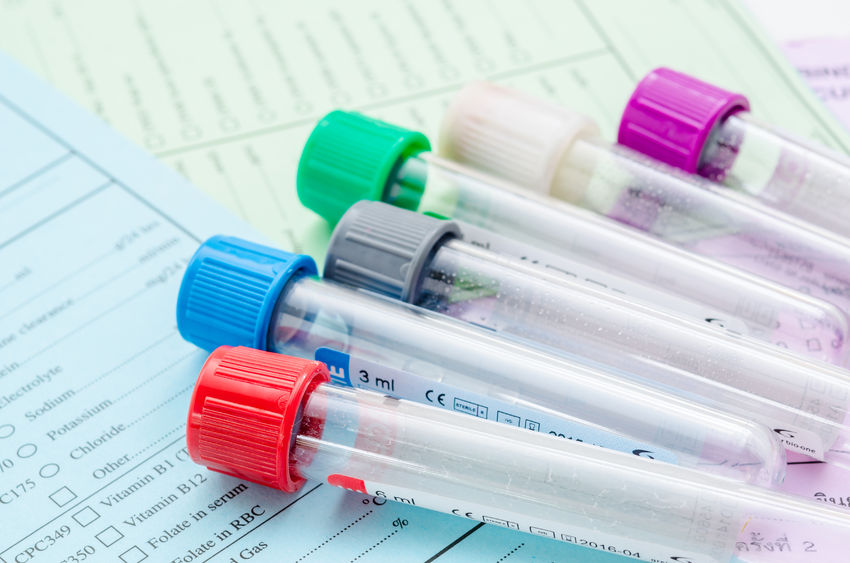
Urine Ketone Test
Also known as Ketone Bodies Random UrineWhat is this test?
This test is used to measure the number of ketones present in your urine.
What are ketones?
Presence of ketone bodies in urine is called ketonuria. Usually, the body gets energy by burning sugar, but if you are a diabetic patient, you may lack insulin for the sugar in your bloodstream which would be used as a fuel. During this process, the body burns fat instead and produces ketones. In other words, ketones are the chemical substances produced when your body is unable to utilize carbohydrates. This condition may be due to diabetes or starvation or malnutrition. Ketone bodies are acetone, acetoacetic acid, and beta-hydroxybutyrate which are acidic and toxic.
why this test is performed?
This may be recommended to you if you experience certain symptoms like nausea or vomiting, diarrhea, pain in the abdomen, muscle aches, shortness of breath or trouble breathing, feeling thirsty all the time, dry mouth, dry or red skin, tiredness, fruity smelling breath. This test may also be recommended to you in conditions like pregnancy, infection, blood sugar levels above 300 mg/dL, eat a lot of carbohydrate-rich food like rice or bread, fasting, alcohol abuse, confusion, etc.
Precautions:
Some conditions may interfere with your test results like strenuous exercise, a special diet like low carbohydrate or rich fat or protein diet, fasting, eating disorders like anorexia, vomiting over a period of time especially during pregnancy, high fever, overactive thyroid gland, burns, breastfeeding without eating or drinking sufficiently, etc.
Also known as Ketones Random Urine, Ketones in Urine Test, Ketone Urine Test.
Test Preparation
Inform your doctor if you are on any medications, have any allergies or underlying medical conditions before your Urine Ketone Test. Your doctor will give specific instructions depending on your condition on how to prepare for Urine Ketone Test.
You may have to take this test when your fasting blood sugar levels are too high. Your healthcare provider may inform you when to take this test and when to fast if needed.
Understanding your test results
The normal test results may vary depending on the gender, age, health history, your condition, etc.
If your ketone values are higher than the normal range it may be associated with the detection of ketone bodies in the urine, which may indicate diabetic ketoacidosis.
If your test results are lower than the normal range then it is of no concern.
If you get abnormal test results, consult your doctor immediately. Your doctor may recommend other tests depending on your results.
| Gender | Age groups | Value |
| UNISEX | All age groups | Normally, Ketone bodies are not present in Urine |

